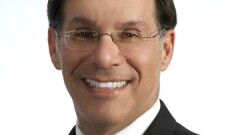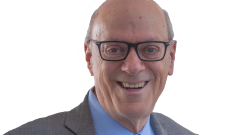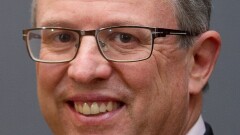For all the success achieved by accounting’s most influential were the numerous job opportunities, mentorships and career-defining decisions they experienced along the way.
We asked the Top 100 People, “Have you had a pivotal moment in your career? What made it pivotal, and did you know its significance at the time?”
For many of this year’s class, accepting a certain job position marked the most significant milestone in their careers, while for others a certain teacher or mentor left a lasting impression. And for some of the T100, the most impactful moment of their professional lives is happening right now.
(To see the full responses of all the candidates for the Top 100, click























